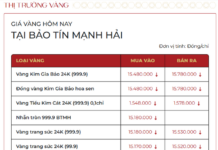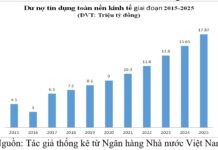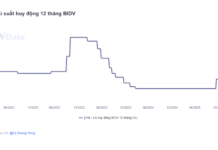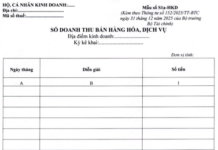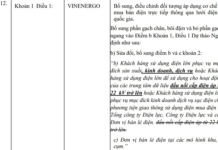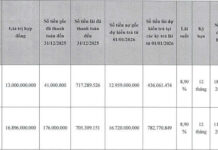As citizens and vendors grapple with new regulations, scammers are exploiting the situation with sophisticated schemes, impersonating tax authorities to steal assets.
Ms. Doan Thi Thu Ha, Director of Thu Duc Market Management Enterprise (Ho Chi Minh City), reported that a vegetable vendor recently lost over 150 million VND to such a scam. The victim received a call from someone posing as a tax officer, claiming they needed to complete tax procedures to avoid legal violations.
The scammer then requested a Zalo connection, guided the victim through an online process, and drained their bank account.
“As soon as the vendor noticed the withdrawal, they alerted me, but the funds were already gone. The victim has reported the incident to authorities. Vendors must remain vigilant and avoid engaging with individuals claiming to be tax officials via phone or social media,” Ms. Ha warned.

Sophisticated scams target asset theft as new tax regulations approach implementation.
Ms. Dam Van, Deputy Head of Nguyen Tri Phuong Market Management (Dien Hong Ward, Ho Chi Minh City), shared a similar warning. Scammers are now impersonating tax officials in person, demanding vendors complete tax procedures on-site.
“Fortunately, the vendor immediately notified us, preventing any loss. Tax authorities will communicate through market management, and we’ll organize meetings to educate vendors. Stay alert to avoid scams,” Ms. Van advised.
Small business owners are also targets. Mr. Nguyen Hoang Huy, a household appliance seller in Ho Chi Minh City, recounted a recent incident where a scammer impersonated a tax officer, claiming he needed to settle his tax obligations for the transition to the new 2026 system.
The scammer threatened penalties or criminal charges for non-compliance and requested a Zalo connection for online guidance. Suspicious, Mr. Huy contacted his assigned tax officer and confirmed it was a scam.
Social media has also spread fake tax office summons for identification and tax code updates, complete with recipients’ full names and ID numbers. Tax authorities have confirmed these documents are fraudulent.
Experts advise verifying any tax-related calls, messages, emails, or documents directly with local tax offices.







